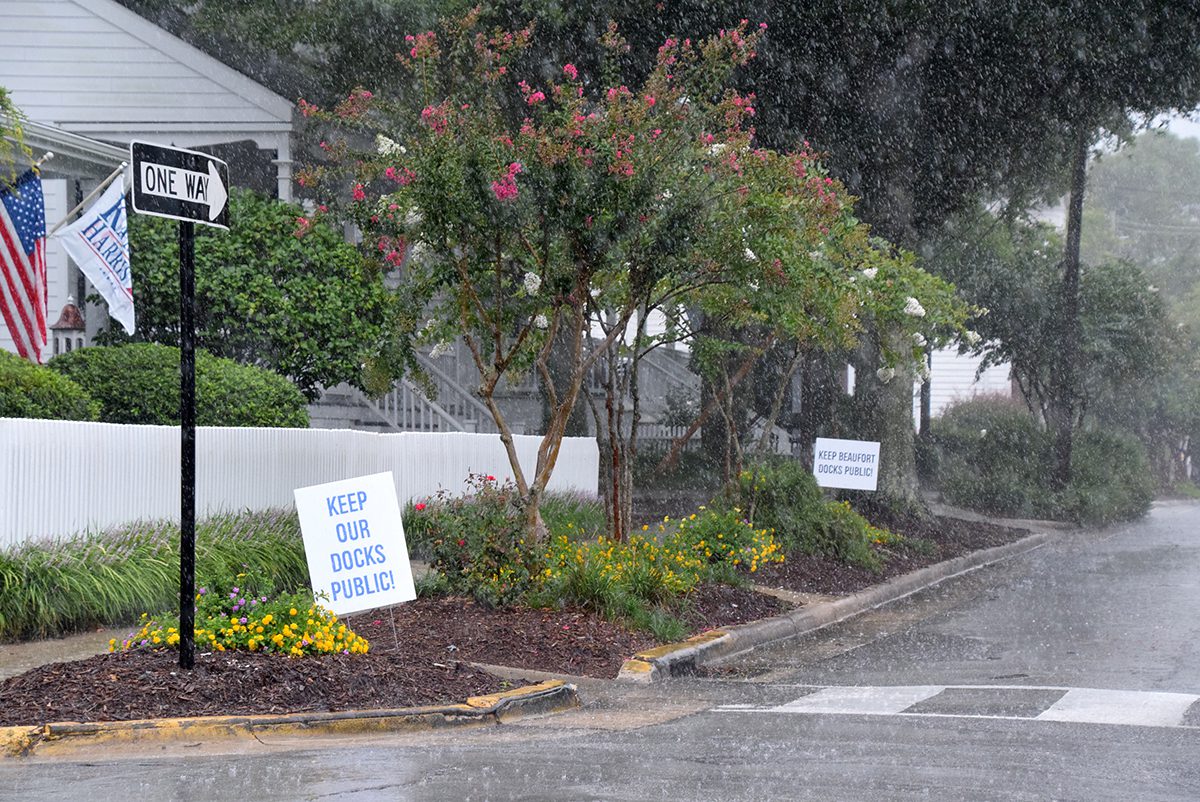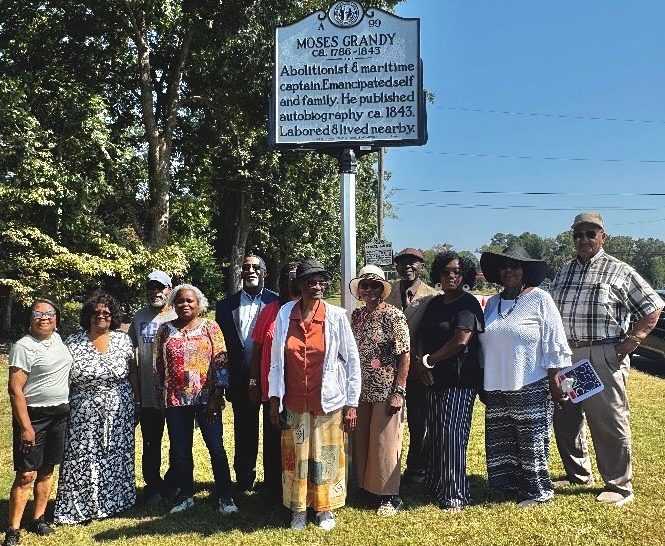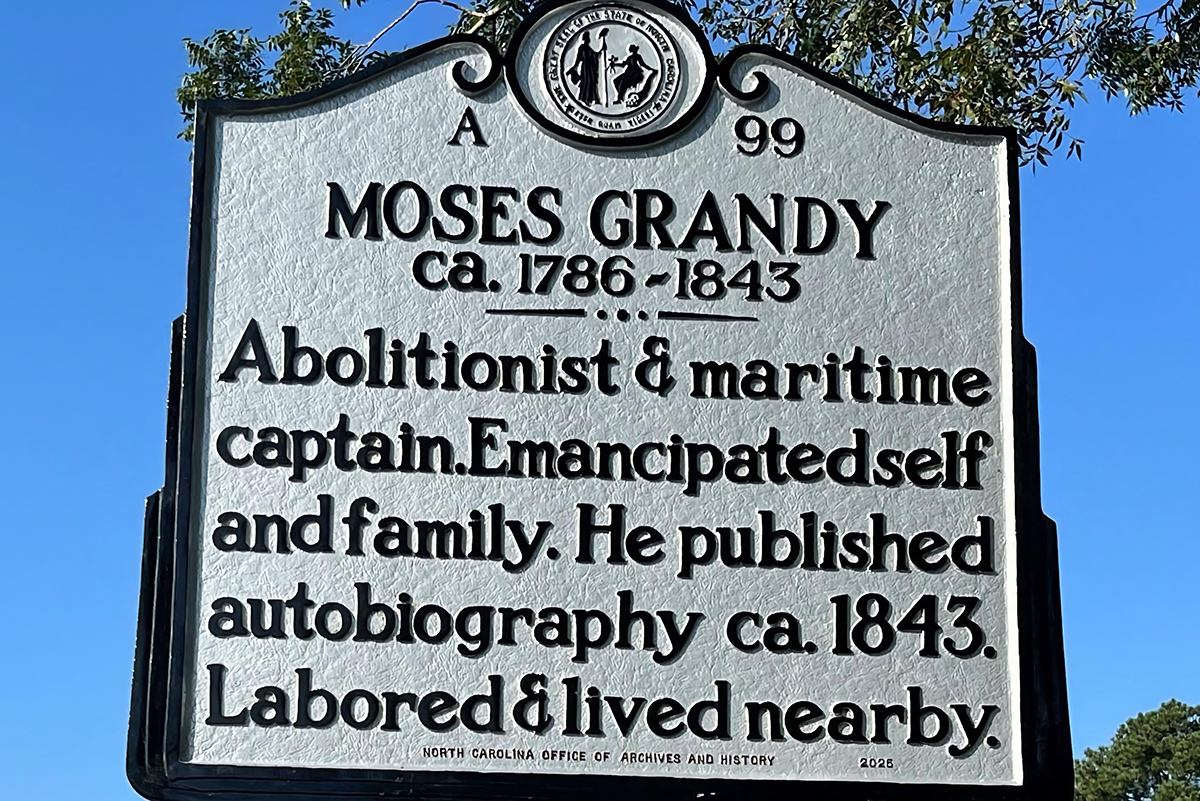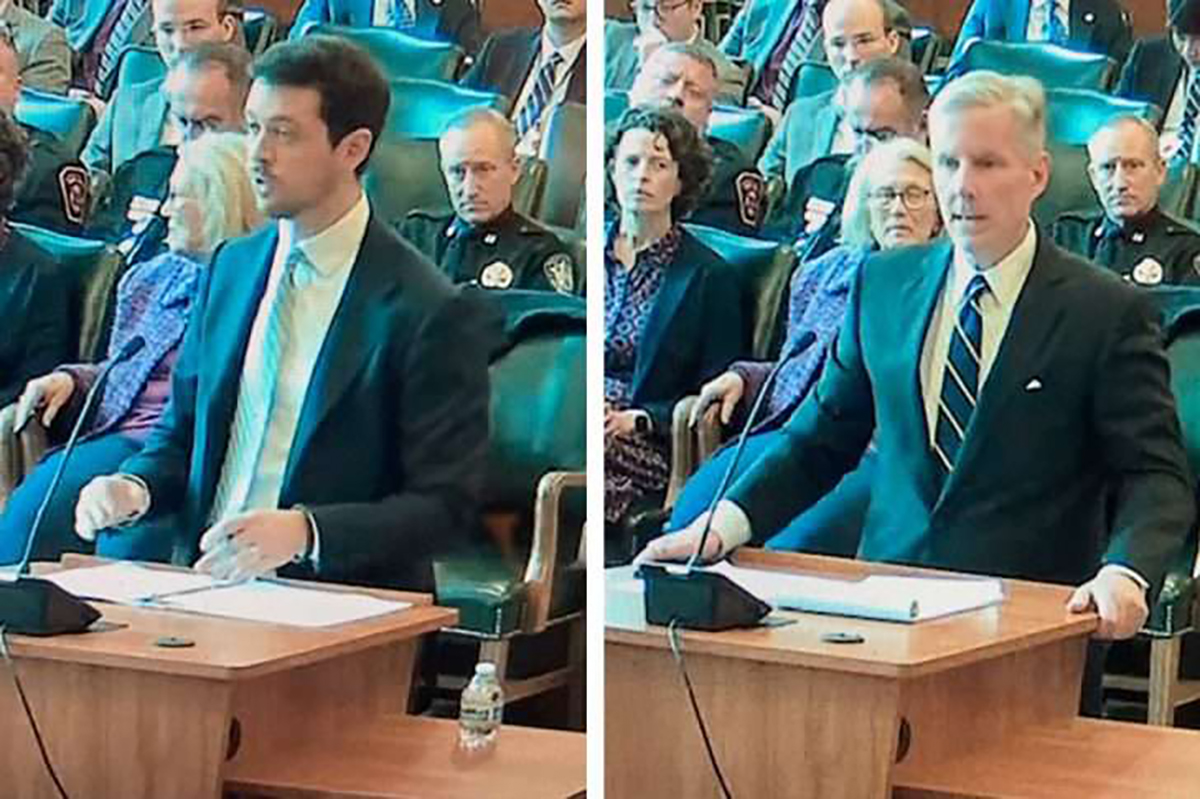
BEAUFORT – A split board of commissioners on Monday heeded the public’s increasingly vocal demands to slow down the process of selecting a new concessioner to operate the town docks.
Beaufort commissioners voted 3-2, with commissioners Charles “Bucky” Oliver and Dr. John LoPiccolo opposed, to terminate all discussions and rescind a letter of intent that was written to “the company of interest as it relates to future management of the Beaufort Docks.”
Supporter Spotlight
That was how Commissioner Paula Gillikin worded her two-part motion. The second part of her motion was to direct the town manager and/or the assistant town manager to work with Beaufort Waterfront Enterprises, the current and longtime operator of the docks, on a 12-month lease extension to be approved by commissioners no later than Sept. 9.
Related: Beaufort residents blast dock operator selection process
The action was in response to public demands for transparency in the selection process, which had been moved behind closed doors with town officials deeming it an “economic development” matter and therefore confidential.
Folks here found that specious, especially given the prominence of the town waterfront. The move was also in response to objections to apparent conflicts and legal cases in other coastal communities involving the “company of interest.” Despite the cloak of closed sessions, that company’s name — Safe Harbor Marinas — has for weeks been the worst-kept secret in Beaufort.
With a pouring rain outside, the meeting space, the old depot on Broad Street, was filled with residents and still more in a separate, overflow room with closed-circuit TVs, opposed to how officials had handled the process. After commissioners cast their votes, the raucous applause that erupted in the main meeting room was echoed after a slight lag by more cheering in the overflow room.
Supporter Spotlight
Gillikin’s motion followed Mayor Sharon Harker’s opening of a “general discussion of the steps going forward” with regard to the docks. Harker said it was time for “a fresh dialogue” to answer the public’s questions.
Some information was publicly available, and it was troubling to folks at the meeting.
Safe Harbor Marinas is a $2 billion company purchased in 2020 by Sun Communities Inc. Sun Communities is a Michigan-based real estate investment trust with about $17.4 billion in assets.
Gillikin said she had done “a deep dive” researching the firm’s operations elsewhere and concluded that the company’s philosophy “may not be the best match” for the town.
“And it was in my investigations and interviewing people and sitting down with coffee with people and visiting marinas and digging deeper into the philosophy behind the company of interest that led me to this conclusion,” Gillikin said to more applause.
Beaufort residents and business owners have told Coastal Review that their concerns with Safe Harbor were largely based on the corporate ownership and control that would be more focused on shareholder returns than Beaufort’s character and economy. They have worried that the fix was in for Safe Harbor from the start because the company had already purchased Jarret Bay Boatworks and the surrounding complex. Some speculated that the corporation had its eyes on the waterfront as a staging area for large yachts to be serviced at Safe Harbor Jarret Bay, which lacks sufficient marina space.
People have said they are worried about the further gentrification of Beaufort and how the business base of locally owned shops and restaurants may not appeal to those who arrive aboard the kinds of “superyachts” that Safe Harbor caters to in other locations.
Speakers who went to the podium during the lengthy public comment portion of the meeting Monday echoed these concerns. Commissioner Melvin Cooper said he had heard them, too. Cooper said he “fully supported” Gillikin’s motion to “terminate” the letter of intent.
“I know that Commissioner Oliver would love to see us carry on the discussion with the third party,” Cooper said, adding that there had been a push to “move along, move along” with the process when there was time to make a more careful and open choice. “Townspeople, who we represent, is asking us to back off of this, and I think we need to listen to them.”
Oliver said he strongly supported extending the lease but he saw no advantage to terminating the letter of intent. He urged Gillikin to amend that portion of her motion, which she refused.
“You may never get anywhere,” Oliver said in his plea to Gillikin. “I’m not promising anything, but I see no reason to shut off the consideration of it based on what I’ve heard. I can’t find a factual reason to do that, and I think it might potentially be, terminating that, it might potentially be detrimental to us, depending upon how the continued negotiations, which are ongoing, might turn out.”
During the public comment portion of the meeting, Barry Slade of Beaufort said his career was in marina and slip management, and waterfront development. He said the situation here was familiar to him. He told the board that marina operators come in all shapes and sizes and tend to specialize in what they do best, and the town should select one appropriate to its needs. But he worried Beaufort hadn’t cast far enough with its request for proposals to bring in the right operator.
“Remember, Beaufort doesn’t have a downtown marina,” Slade said. “What we have is a priceless downtown waterfront, which is the heart and soul of our town.”
He said that in reaching out to people in the industry, “It didn’t take many phone calls to find that some did not even know about Beaufort’s RFP and never received a bid package. These same companies, given the chance, would be happy to submit a proposal if that opportunity were presented. Many of these firms are flush with cash, are actively looking for projects and put a strong emphasis on relationships, not just the bottom line.”
‘Keep Our Docks Public’
Signs reading “Keep Our Docks Public!” and “Keep Beaufort Docks Public!” pepper lawns all over town.
Commissioner LoPiccolo during the meeting took issue with the signage, calling it a “misrepresentation” because the docks have been private for more than 40 years.
“We have had someone manage those docks who has been kind enough to let day boaters come into those docks, but I do want to make sure that the town does understand that those docks have been private,” LoPiccolo said.
LoPiccolo said his due diligence on the matter convinced him that a third-party concessioner was necessary because of the substantial improvements needed on the waterfront, an estimated $13 or so million, which a well-heeled company could finance rather than the town.
The town’s financial adviser, David Cheatwood, spent a chunk of meeting time early in the evening giving his rationale for opposing town-financed improvements through the various mechanisms available.
Mayor Harker had invited Cheatwood, managing director of First Tryon Advisors of Charlotte, to discuss the financing options in the public setting. Cheatwood explained that North Carolina has three basic types: general obligation bonds, limited obligation bonds and revenue bonds, all of which he advised against because of the financial peril to the town for this type of project.
“Looking ahead and kind of knowing what you have on the horizon, I think that is a lot of risk for the town to take when you have some other more traditional projects to fund that are more essential service type,” Cheatwood said.
Oliver said that people in attendance had not had the benefit of hearing the financing information before. He thanked the mayor for having the information presented to the public, because the commissioners felt the townsfolk’s lack of awareness was “giving us fits” as a board.
“When I can’t get information, I get frustrated too,” Oliver said.
LoPiccolo said the board had spent “countless hours in closed session, going over minute detail,” and nothing had raised suspicion.
“This is not being done by some dark hand managing all this. It’s not being done by some forces that we know the town is not aware of that’s pushing this along. These are the commissioners here that are leading the charge. So I would hope that you would trust in us, that we can make the right decisions for this town, and we do hear you,” he said, drawing applause.
Cooper said during the meeting that the closed meetings were not an attempt to hide anything, but rather based on North Carolina general statute.
“It did become apparent that we were in these closed sessions far too long without the community hearing from its commissioners,” Cooper said. “Citizens can be assured that whenever the decision is made, it will be made in a public meeting and with full disclosure.”







